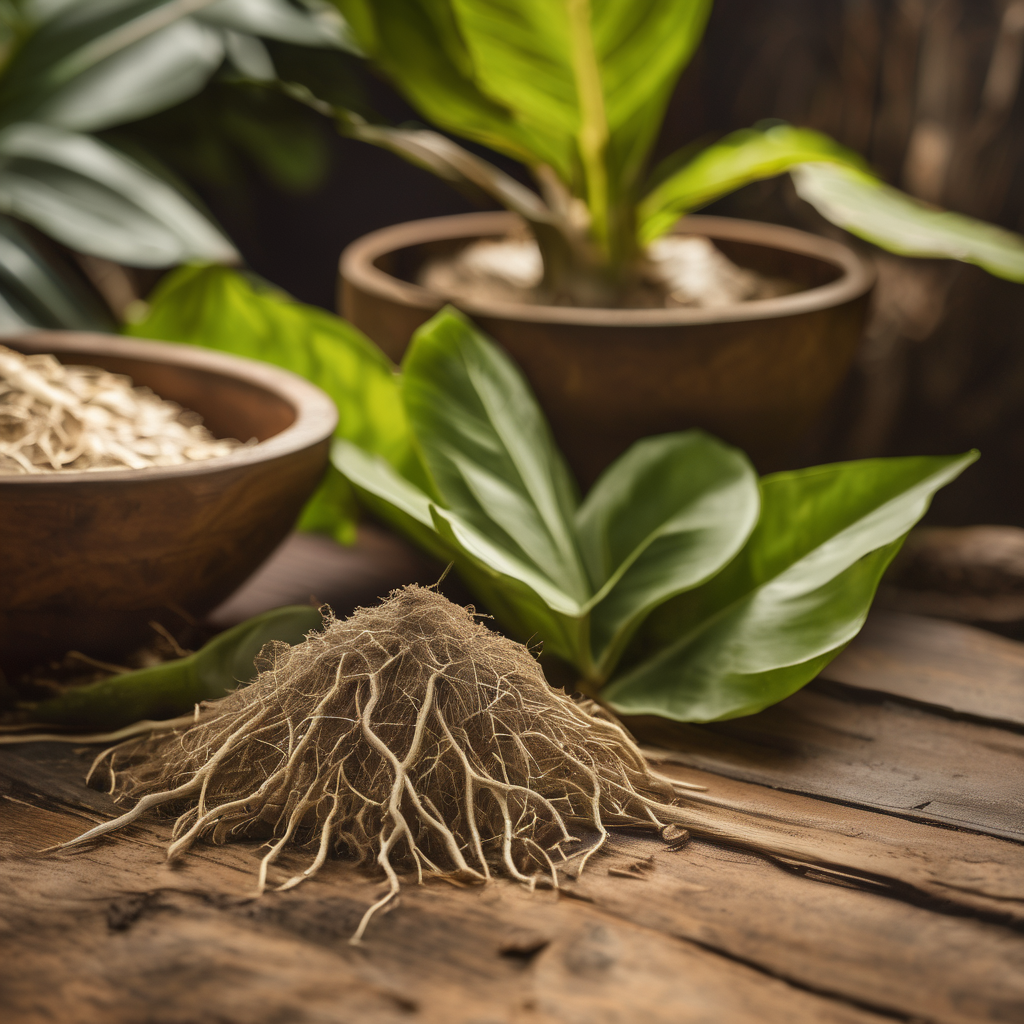Fiji has seen a burgeoning growth in its kava export industry, shipping a total of 223.2 tonnes to Australia under the Kava Pilot Program since the program’s second phase launched in December 2021. According to the latest update from Pacific Trade Invest Australia (PTI), kava exports from the Pacific region are accelerating sharply, with over 540 tonnes imported since the program’s inception, underscoring its success in establishing a sustainable trade route for Pacific suppliers.
The report highlights that Fiji and Tonga jointly account for more than 75 percent of total imports, with Vanuatu emerging as a notable third supplier of kava, surpassing 100 tonnes. In the first half of 2025 alone, Australia imported 76 tonnes of kava, which represents around 14 percent of total program volumes to date. Fiji has been a key player in this upward trend, accounting for nearly 45 tonnes of kava exports year to date, while Vanuatu contributed more than 23 tonnes and Tonga almost 8 tonnes. This positivity indicates that the Australian market’s demand for kava is not only stable but also strengthening.
The kava industry in Fiji is recognized as its most lucrative agricultural export, amassing revenues of $21.8 million in the first half of 2024 and demonstrating a 20.9 percent increase from the previous year. This growth is pivotal as Fiji continues to seek new market opportunities and strives to maintain compliance with international quality standards, especially for exports to the United States, the largest importer of Fijian kava. Government initiatives aim to support local farmers by adopting advanced agricultural technologies and refining the Kava Bill to enhance quality measures.
Fiji’s kava industry is poised for significant growth, with concerted efforts from the government and stakeholders to expand local production capabilities while ensuring product quality through adherence to international regulations. There is increasing optimism within the agricultural community about transforming the kava sector into a billion-dollar industry, which promises to enrich local communities and promote cultural ties through the global appreciation of this traditional beverage.
Efforts to foster collaboration between Fiji and other nations, such as Tonga, illustrate a burgeoning kava trade dynamic that could enhance economic growth in the region. As the industry continues to evolve, the combination of rising exports, robust government support, and strategic market expansion initiatives highlights a hopeful outlook for Fiji’s kava sector, ensuring sustainability and continued success in international markets.
